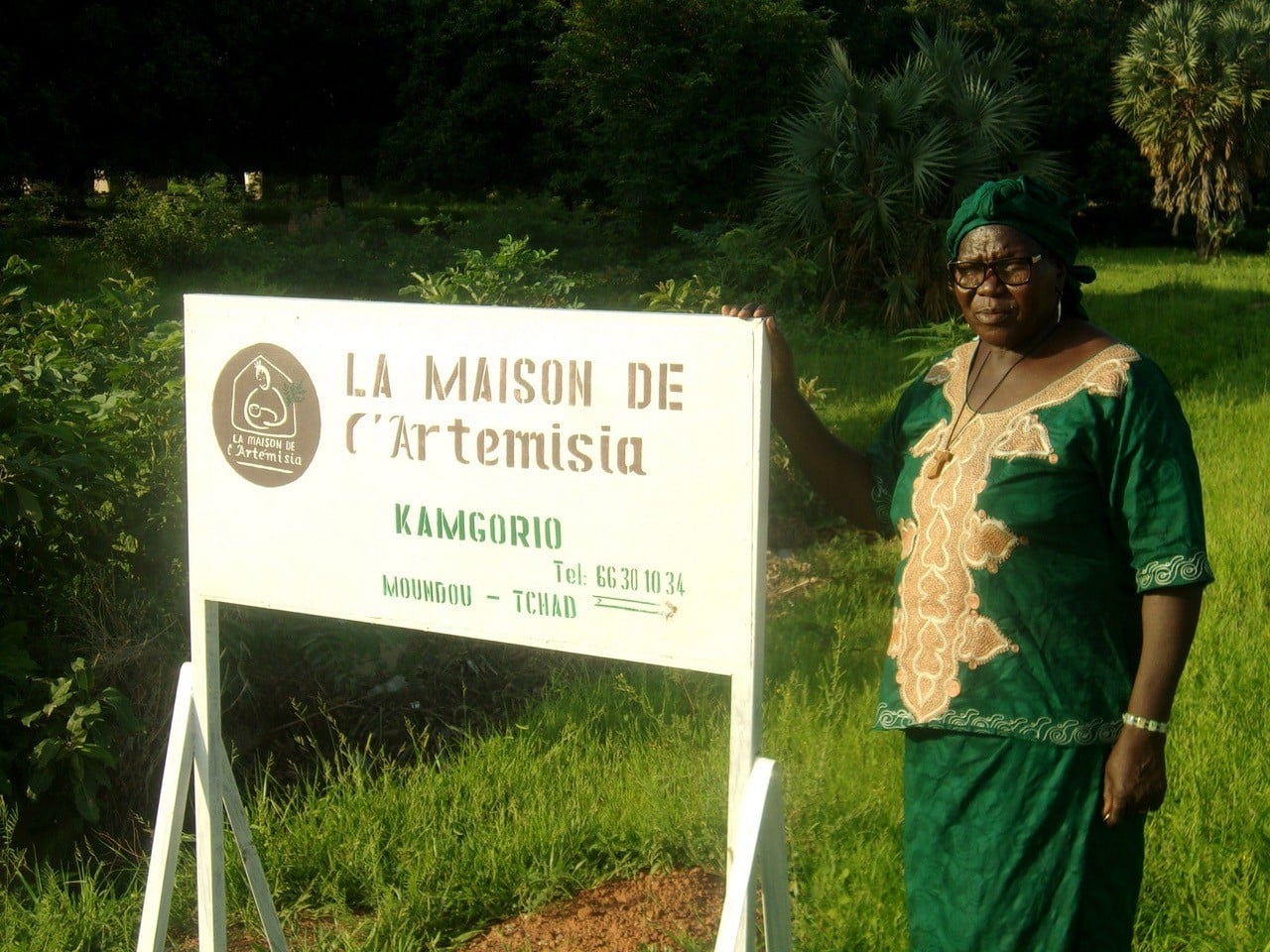07 Avr. 2025
Jeanne Goidje, Chad : a life dedicated to others

Recent News

“Merci de nous avoir contacté, nous revenons au plus vite vers vous.”
L’équipe artemisia